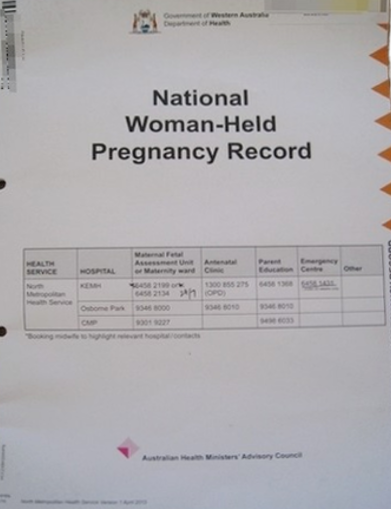Pregnancy
Table of contents
Terms
- Gravida
- Number of pregnancies
- Parity
- Number of live births
- Nulligravida
- A woman who has never been pregnant
- Primigravida
- A woman who is pregnant for first time (or has been pregnant one time)
- Multigravida
- A woman who has been pregnant more than one time
- TPAL
- Term deliveries (post 37 wks)
- Premature deliveries (> 20 wks & < 37wks)
- Abortion/Miscarriage (spontaneous or theraputic)
- Living children
- Premature deliveries (> 20 wks & < 37wks)
- EDD
- Expected due date
- To calculate add 40 weeks (280 days) to first day of last period (UpToDate EDD Calculator)
- SROM
- Spontaneous Rupture of Membranes
- Breech
- When the baby is positioned inside the uterus with its bottom or feet down, instead of its head
- Amenorrhoea
- Absence of menstrual period in females during reproductive years
- Missing one or more mentrual periods
Physiological Changes
- Cardiac Output (CO) increases 30-50%.
- As pregnancy progresses, cardiac output can be compromised by patient positioning as the uterus compresses the vena cava, consider position for transport to reduce aortocaval compression (Left Lateral Tilt OR Manual Uterine Displacement).
- Tidal Volume (Vt) increases by up to 40% at term.
- Lung capacity remains unchanged, and therefore maternal ability to compensate for increased oxygen demand is decreased.
- Blood Volume rises throughout pregnancy up to 50% in the 3rd trimester.
- Plasma also increases, but at a slower rate, so the blood plasma concentration is effectively reduced.
- Maternal patients compensate for blood loss by restricting blood flow to the uterus. Therefore, physiological signs of significant bleeding may be a late sign and consideration for rapid transport should be made.
- Heart rate increases to approximately 85-100 at the end of the 3rd trimester
- Blood pressure falls in the first trimester.
History taking
- Gestation (x/40) / EDD
- Expected complications ie Gest. Diabetes, multipara, mal presentation, previous complications i.e pph, fast labour
- Membranes ruptured? Colour of fluid
- Contractions started? Frequency and Duration?
- Urge to push/open bowels
- Foetal movements/issues
- Foetal position
- Maternal med Hx – HTN, obesity
- Current complaints – pain, nausea, trauma, bleeding etc
Some of this information will be found in the National Woman Held Pregnancy Record depicted above (its the equivilant of the Purple Book for kids, but for Mum)
